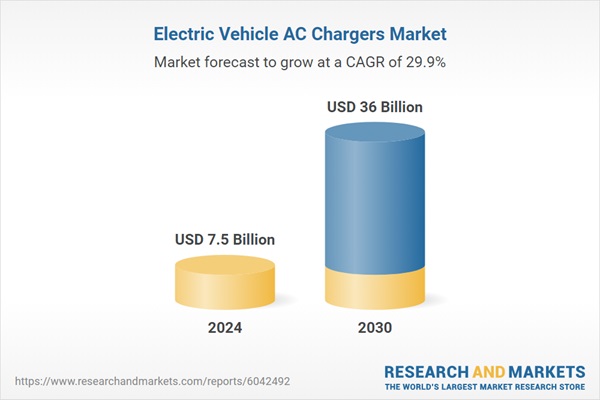
The market, valued at US$168m in 2023, is expected to surge more than sixfold to reach US$1.024bn by 2030, growing at a remarkable annual rate of 34%.
This dramatic expansion reflects the increasing convergence of convenience and sustainability in the automotive sector. The report highlights how wireless charging technology is becoming a game-changer for both individual consumers and fleet operators, eliminating the need for manual plug-in charging while offering a seamless power transfer solution.
The study identifies several key drivers behind this growth, including significant government support through subsidies and environmental policies, particularly in urban areas where sustainable mobility is a priority. Cost reductions in manufacturing essential components like inductive charging coils have made the technology more accessible to a broader market.
The report segments the market by power capacity, with options ranging from below 50 KW for smaller vehicles to above 200 KW for larger commercial applications. Notably, the passenger vehicle segment is emerging as a crucial market driver, with consumers increasingly demanding user-friendly charging solutions.
Regional analysis shows strong growth potential across North America, Europe, and Asia-Pacific, with China leading the charge in the deployment of wireless charging infrastructure. As cities worldwide continue to embrace smart mobility solutions, the wireless charging market appears set to play a pivotal role in the future of electric transportation.












